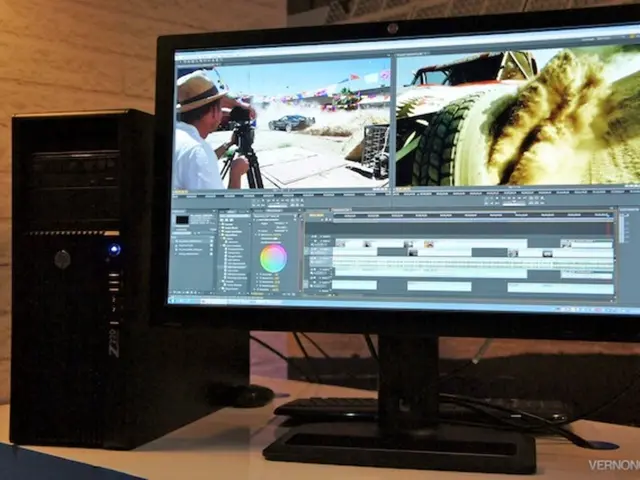Impact of AI Agents on Collaborative Work Between Humans and AI
In a rapidly evolving technological landscape, Artificial Intelligence (AI) is making strides in mission-critical operations across various industries, including healthcare and fintech. This expansion is not without significant implications, as a report projects that AI could increase annual global GDP by a staggering 7%, or $7 trillion.
As AI continues to permeate the business world, it's creating new roles such as AI ethicists and AI conversation designers. A prime example of this evolution is Devin, an AI agent from Cognition AI, marketed as the first AI software engineer. Devin operates as an autonomous agent, mirroring the complete workflow of a human developer, and has been adopted by companies like Dell Technologies and Cisco Systems.
However, the adoption of AI is not without challenges. Companies face high costs and the need for complex data management and technological infrastructure. Despite these hurdles, the businesses that thrive will be those that master the new partnership of AI-human collaboration, investing in technology while fostering a culture of lifelong learning.
The scale of AI's impact on the workforce is significant. A report from Goldman Sachs suggests it could affect the equivalent of 300 million full-time jobs globally. This shift has sparked concerns about the automation of human software developers' core tasks, as the adoption of Devin has demonstrated.
AI is evolving from a know-it-all chatbot into a do-it-all digital teammate. AI assistants like GitHub Copilot can help programmers complete tasks 55% faster. This efficiency extends to more mundane tasks, with AI now capable of booking flights by interacting with calendars, databases, and other apps.
As AI handles the "what," the need for creativity and critical thinking is on the rise. A report from McKinsey predicts an increase in the need for these skills as humans are needed to ask "why" and "what if." In the future, the demand for higher-level skills like strategic oversight, ethical judgment, and creative leadership may surge as AI automates routine cognitive tasks.
Saigon Technology, a global software development company led by CEO Thanh Pham, is navigating this new landscape. The company, like many others, is in the fact-finding stage regarding AI agents, with 79% of senior executives adopting them according to a PwC survey. As the world continues to embrace AI, it's clear that the successful businesses of tomorrow will be those that can strike the right balance between technology and human ingenuity.
Forbes Technology Council, an invitation-only community for world-class CIOs, CTOs, and technology executives, is a platform where these leaders can share insights and best practices as they navigate this new era of AI-human collaboration.
Read also:
- EPA Administrator Zeldin travels to Iowa, reveals fresh EPA DEF guidelines, attends State Fair, commemorates One Big Beautiful Bill
- Derrick Xiong, one of the pioneers behind the drone company EHang
- Latest Update in Autonomous Vehicle Sector featuring Applied Intuition, Hesai, Plus, Tesla, Pony.ai, and Wayve
- Challenges impeding the implementation of AI, as cited by Chief Information Security Officers, along with potential solutions







